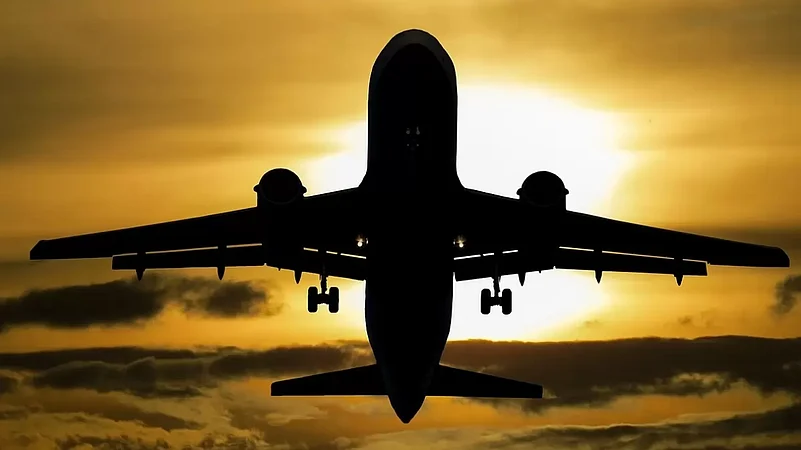India's aviation regulator, the Directorate General of Civil Aviation (DGCA), has taken action after reports surfaced about interference with Indian civilian aircraft in the Middle East airspace. The DGCA issued a circular addressing concerns about Global Navigation Satellite System (GNSS) jamming and spoofing incidents affecting Indian airlines.
The circular acknowledges the "uncertainties" faced by the aviation industry due to new threats, emphasising the growing reports of GNSS interference over the Middle East airspace. It calls for the development of contingency measures and the establishment of a threat monitoring and analysis network.
The DGCA has outlined compreheoonsive mitigation measures and action plans for aircraft operators, pilots, Air Navigation Service Providers (ANSP), and air traffic controllers. These measures include the coordination with equipment manufacturers to develop contingency procedures and conducting safety risk assessments.
The circular comes following the incidents in late September, where multiple commercial flights near Iran deviated from their courses due to navigation system interference. One aircraft, affected by spoofing, almost entered Iranian airspace without permission.
Understanding GPS Spoofing and Jamming:
The US Radio Technical Commission for Aeronautics defines GPS spoofing as "the surreptitious replacement of a true satellite signal that can cause a GPS receiver to output an erroneous position and time." This involves sending a fake GPS signal to the aeroplane, prompting the onboard systems to respond and causing a navigational failure.
On the other hand, jamming as the name suggests, is when the GPS signals are jammed. Planes and other aircraft regularly deal with jamming but spooning is rare and way more threatening.
It is believed that jamming and spoofing may be happening because of the deployment of military electronic warfare systems in areas where there is regional tension.


























